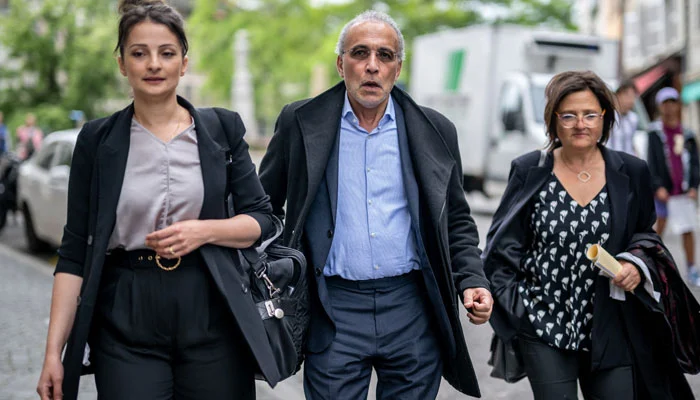A Swiss court Wednesday declared famous Islamic studies scholar Tariq Ramadan innocent in a case of rape and sexual coercion brought by a citizen, who had accused him of raping her in a Geneva hotel in 2008.
The woman told the court that Ramadan sexually assaulted her in a brutal manner with beatings and insults which he denied though he admitted he did meet the woman.
Ramadan — a Swiss citizen and a grandson of Hassan al-Banna, the founder of Egypt’s Muslim Brotherhood invited the accuser to his hotel room for a coffee after a conference.
If convicted, the 60-year-old scholar would have faced three years in prison. Amid rising anti-Muslim sentiments in Europe and terrorism, Ramadan was a voice of reason condemning terrorism, and opposing the death penalty. He was once even denied entry to Tunisia, Egypt, Saudi Arabia, Libya, and Syria, because, he said, he had criticised their lack of de-mocratic conduct.
Ramadan was Time magazine’s 100 most influ-ential personalities in the world. He became a pro-fessor of Islamic Studies at St Anthony’s College Oxford in 2007. He has a lot of critics importantly in France, where a number of leading academics allege him of anti-Semitism.
In a blow to his reputation, a French woman accused him of rape in 2017. More women came forward as the case went public. By 2020, there were five rape charges against him, four registered in France and one in Switzerland. He had also spent nine months under custody in France before he was released on probation.
According to media reports the situation in the courtroom was tense and a number of cameras faced him as he landed in court.
The accuser explained the alleged attack in detail, saying she feared she would die.
He admitted that he had invited her to his hotel room but denied any form of violence. All the accu-sations against him have been politically motivated and designed to discredit him, he said.
Ramadan’s lawyers objected to the accuser’s ve-racity highlighting the inconsistencies around the dates of the alleged attack.
He was supported by his family in his argu-ments. Sami, his son, pointing to his father’s “role in the debate about Islam in France,” told the BBC in 2019 that the cases against his father were “motivated by other reasons, which we feel are political.”
A similar view was supported by a number of influential people including a well-known philoso-pher Noam Chomsky, and British filmmaker Ken Loach, who signed an open letter doubting whether Ramadan was receiving a trial, with the usual pre-sumption of innocence.
Ramadan in his own remarks in court asked not to be tried on his “real or supposed ideology”.
After a deliberations of three weeks, the three Swiss judges found him innocent, however, in France, prosecutors are analyzing whether charges brought against Ramadan should go to court.
He continues to be consistent in the argument that he is innocent in all cases and vowed to clear his name.—AFP










